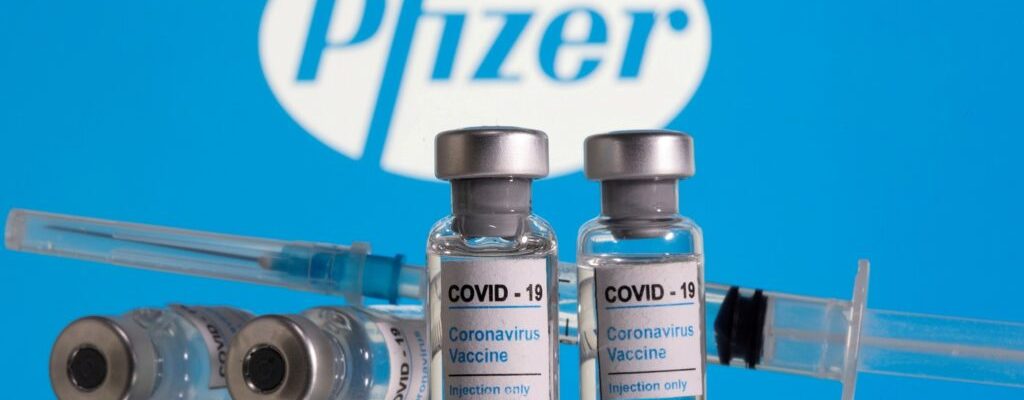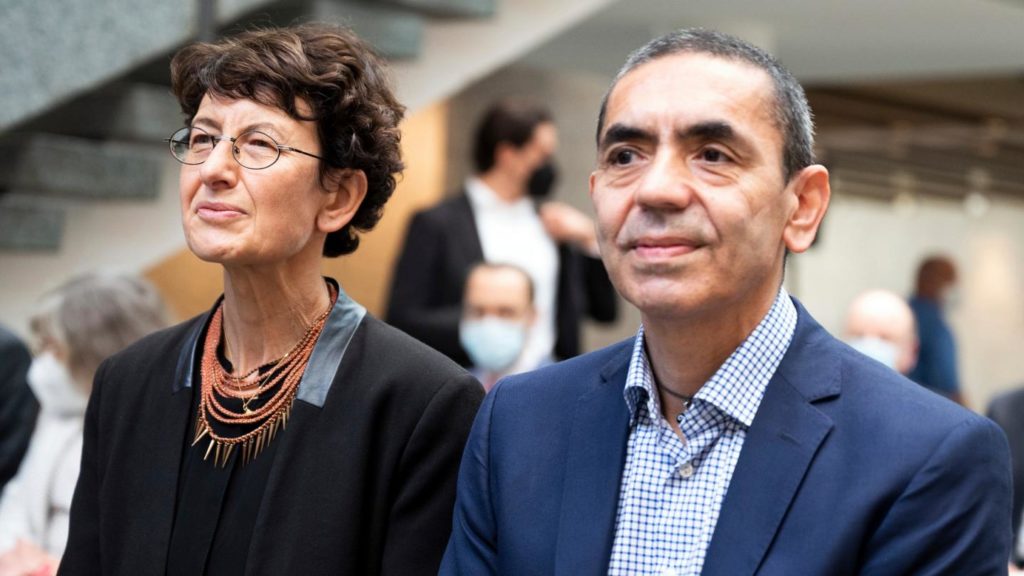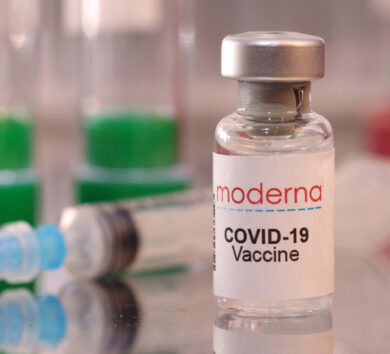

With 1.27 million doses administered and 601, 000 fully vaccinated, the island’s current fully vaccination rate of stands at 20.3 per cent. With at least 201 countries commencing the vaccination process, Jamaica has one of the lowest rates in the world, ranking as the 8th lowest country according to Statista.
With the Health Ministry having to dispose of hundred of thousands of vaccine doses, the current low vaccine take-up may be attributed to ignorance among the Jamaican public.
In the last of Our Today‘s COVID vaccine ‘need-to-know’ series, the focus will be on the Pfizer vaccine, where information from both the World Health Organization (WHO) and Centers for Disease Control and Prevention (CDC) will be utilised.
Who created the vaccine?

Scientists and couple, Ugur Sahin and Ozlem Tureci in 2008 developed BioNTech company in Germany. BioNTech begun its relationship with Pfizer in 2018 and since then both companies have been partners.
Following the breakout of pandemic in 2020, the couple developed the groundbreaking Pfizer/BioNTech vaccine.
The Pfizer vaccine consists of salts, sugars, lipids (fats) and Messenger ribonucleic acid (mRNA).
Who can take the vaccine?
Those 18 years and older have been approved to take the Pfizer vaccine. According to the CDC, those age 5-15 years have been authorised but not approved to take the vaccine.
In addition to this, the vaccine has been found to safe and effective in people who have conditions that are associated with the increased risk of severe disease. These diseases include diabetes, hypertension, liver or kidney disease, asthma and other stable and controlled chronic infections.
Vaccination can also be offered to those who have contracted the COVID-19 virus in the past. Pregnant women have also gotten to green light for the administration of the Pfizer vaccine.
Who is the vaccine not recommended for?

Individuals with a history of severe allergic reaction to any component of the vaccine should refrain from taking the Pfizer vaccine.
What is the recommended dosage?
Although a protective effect starts to develop 12 days subsequent to the first vaccine dose, for full protection, two doses are required.
This should be administered within a 21-28 day interval.
Can this vaccine be ‘mixed and matched’ with other vaccines?
It is highly recommended to use the same Pfizer vaccine for the second dose, however if there is an issue with product availability, the AstraZenca or single dose vaccine can be used for the second dose.
The Pfizer vaccine has also approved for use as the second dose given after the inactive Sinopharm vaccine.
Side Effects?

According to the CDC, possible side effects include pain, redness and swelling around the injected area.
Chills, fever, nausea, tiredness, headache and muscle pain are general symptoms experienced.
These side effects indicate that the body is building protection and should subside within a few days.
How efficacious is the vaccine?
Of all the vaccines, this one has proven to have the most efficacy, standing at 95 per cent against symptomatic infections.
Does it work against new variants?
At present, based on findings, the vaccine is effective against other virus variants except for the recent highly transmissible Omicron variant.







Comments